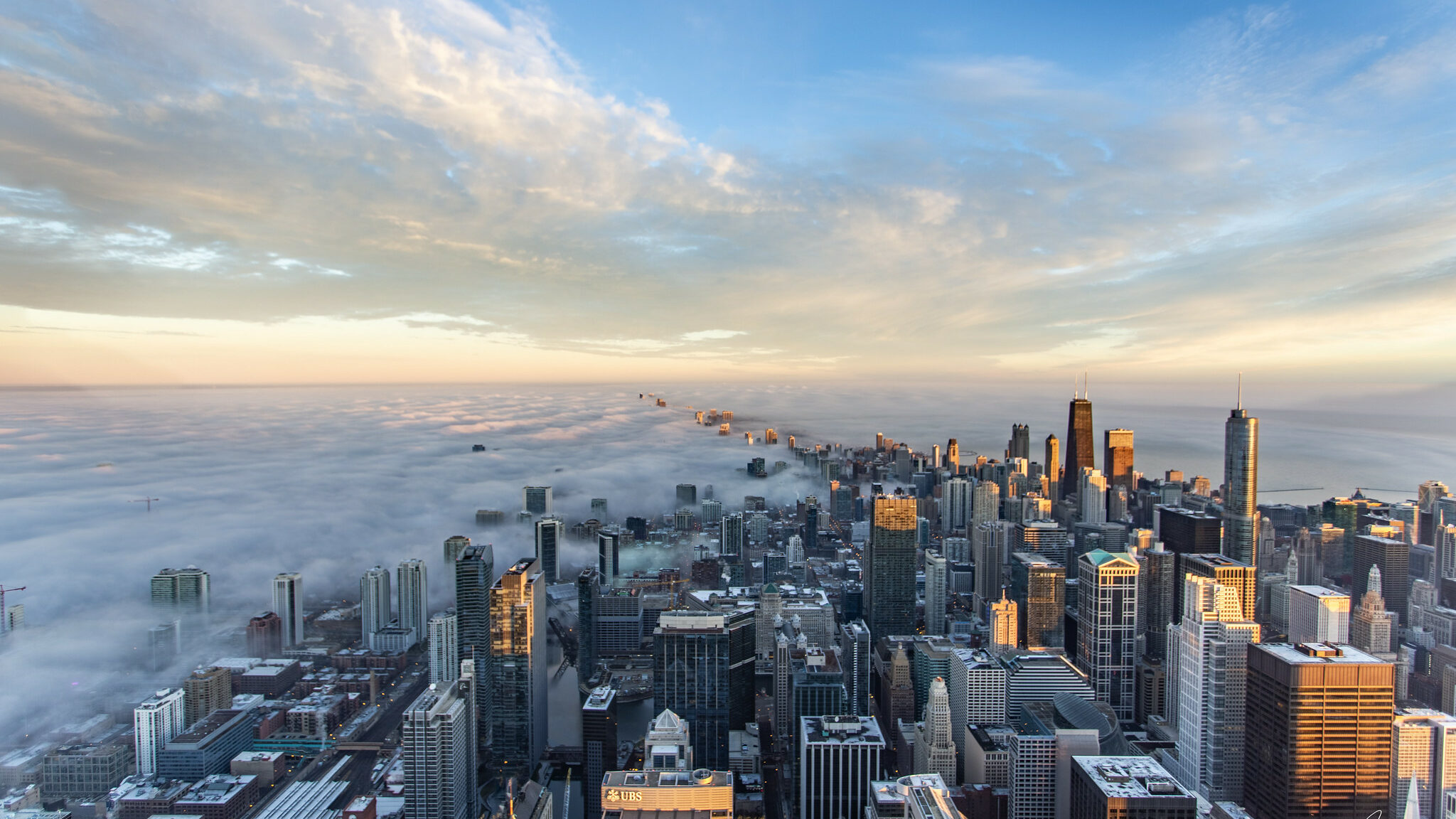Boston is Wicked Hot: Here’s What They’re Doing About It
Want to learn more about this initiative? Check out the Wicked Hot Boston series, Parts One and Two. Want to address climate hazards in your community? Head over to SciStarter.org/NOAA to find a citizen science project. Wicked Hot Boston It’s true: the world is getting hotter, and Boston is becoming WICKED hot. This past summer, the Museum of Science, Boston (MOS) team and local citizen scientists began to measure extreme temperatures. They used sensors provided by CAPA Strategies to make an ambient air temperature map of Boston, Cambridge, and Brookline,…
Read More

